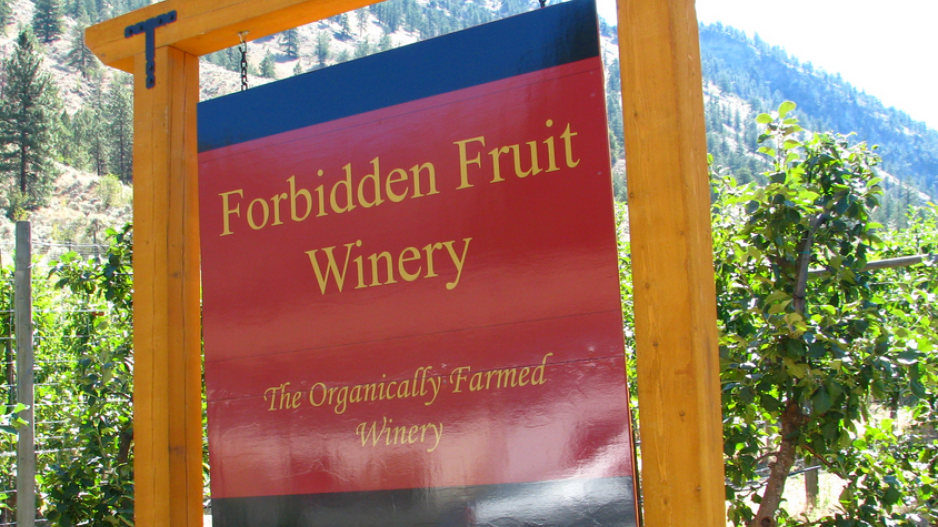B.C. consumers are turning away from local fruit wine and dessert wine in favour of all other types of wine either made or bottled in B.C.
That’s according to British Columbia Liquor Distribution Branch (BCLDB) statistics that Business in Vancouver obtained after filing a freedom of information request.
Sales for B.C. fruit wine, by volume, fell 2.7% while fortified dessert wine (not including ice wine) sales fell 2.1% in the year that ended in June 2015, compared with the previous year.
Every other category of B.C. wine saw sales growth.
The decline comes despite the B.C. government, in June 2014, allowing farmers markets to sell wines, beers and spirits that are made in the province.
Farmers markets had been seen as a good place to sell fruit wine given that vendors would be able to target customers as they were buying local fruits and vegetables.
The BCLDB can no longer provide comparable data for total dollar sales for various alcohol categories because of the way that it changed its pricing system on April 1, 2015.
Its volume measure, however, is comparable, spokeswoman April Kemick told BIV.
Ice wines saw the biggest year-over-year sales growth.
Overall ice wine sales jumped 18.95% in the year that ended in June 2015. That included a 27.68% surge, to a modest 844 litres, for ice wine that was not certified with the British Columbia Vintner’s Quality Alliance (BC VQA) designation.
BC VQA ice wine sales, in contrast, rose 18.79%, to 45,555 litres in that time period.
The lion’s share, or about 96%, of B.C. wine sales is either for white or red table wine.
Each of those categories increased sales by volume by a little more than 4% in the year that ended June 2015.
Another similarity is that, in each of those categories, BC VQA wine sales growth outshone that for wines that were not certified with the BC VQA designation.
That reverses a trend that BIV reported in 2013 .
Wines that are not considered BC VQA include those that are simply cellared and bottled in B.C. as well as those that include 100% B.C. juice but are from a winery, such as Blue Mountain, whose owner has chosen not to pay the necessary fees to be audited and accredited as BC VQA.
Wine certified as BC VQA also loses that designation if it is sold in kegs to restaurants – a phenomenon that is rapidly expanding .
Non-BC VQA sales were 126% more than BC VQA sales (24,773,349 litres compared with 10,959,320) in the year that ended in June 2015.
The simple fact of putting the wine in alternate packaging precludes it from being considered BC VQA wine,
“It’s great news that BC VQA wine is once again outpacing the sales growth of other B.C. wine,” said British Columbia Wine Institute CEO Miles Prodan, whose organization promotes the BC VQA standard.
Ontario has started to allow its VQA wines to be sold in alternative packaging, Prodan said, adding that he is aware of some in B.C. who similarly want to expand the BC VQA designation so wine can be sold in packaging other than bottles.
British Columbia Wine Authority general manager Scott Hennenfent, however, said that his regulatory organization is currently not considering changing the requirement that all BC VQA wine must be in bottles.




